Reviewed by Julianne Ngirngir
The video hosting landscape just shifted in a big way. Bending Spoons, a European software company that has been quietly building an impressive portfolio including Evernote, WeTransfer, and Meetup, just announced they are acquiring Vimeo for $1.38 billion. This is not just another tech acquisition, it is a potential game-changer for creators, businesses, and anyone who has relied on Vimeo's platform since it launched in 2004 as a spinoff of CollegeHumor. Game changer or cautionary tale for creators? We are about to find out.
Why this deal makes perfect sense (and perfect cents)
Here is the headline number: Vimeo shareholders are getting $7.85 per share in cash, a 91% premium over the recent stock price. That kind of pop turns heads.
To put it bluntly, this is the sort of premium usually reserved for distressed assets, and Vimeo fits the bill. The platform has lost almost 90% of its market value since spinning off from IAC in 2021, when it briefly hit a market cap of $17.8 billion. Not just market jitters, a sign of the grind against YouTube's reach and TikTok's cultural pull, which leaves users staring at an uncertain platform future.
The math here is simple and stark. The transaction was unanimously approved by Vimeo's Board of Directors, and at that premium shareholders have every reason to take the exit. The deal is expected to close in Q4 2025, pending the usual regulatory approvals, which gives creators a little runway to plan.
What Bending Spoons brings to the table
Here is where strategy kicks in. Bending Spoons is one of Europe’s largest mobile app developers, with products used by more than 300 million people each month. Across its businesses, they have served a billion people. Big top of funnel, serious operating muscle.
They did not stumble into this. Bending Spoons was interested in a Vimeo takeover as far back as March 2024, which suggests this consolidation play has been simmering for a while. Think mobile-first expertise meeting a desktop-centric video platform, with plenty of due diligence baked in.
There is also the elephant in the server room. The Italian company recently acquired Brightcove for $233 million, a move that plants a flag across enterprise and creator video hosting. When markets consolidate, competition thins, options shrink, and pricing power shifts to the survivors. We have seen that movie before.
The concerning track record creators should know about
Now the tricky part. Bending Spoons hasn't garnered the best reputation among users of the products it acquires, and its post-acquisition playbook often leans toward profitability over user delight.
Look at Evernote. After the takeover, new limits hit the free plan and premium prices went up. TapeACall saw subscription bumps too. Not a coincidence, a pattern, squeezing more revenue from existing users instead of pouring resources into new features and growth.
Financial pressure makes that pattern predictable. Big acquisitions often come with debt or investor expectations for quick returns, which pushes cost cutting and price hikes, user impact be damned. Vimeo has already said it would lay off nearly 10% of its workforce to "become leaner and more efficient", corporate code that usually means thinner support, slower features, and fewer creator-focused improvements.
For creators who built a presence on Vimeo, the question hangs in the air. Do the creator-friendly features stick around, or does the monetization pressure take the wheel?
What happens next for Vimeo users?
Once the deal closes, Vimeo will become a privately held company and its stock will disappear from public exchanges. The transaction is subject to customary closing conditions including stockholder and regulatory approvals, and with unanimous board support plus a premium on the table, those hurdles look manageable.
Vimeo's struggles did not start this week. The platform had already chipped away at creator trust. In 2023 it discontinued its TV apps on Apple TV, Roku, and Amazon Fire TV, removing a living-room channel many relied on.
And in 2022, Vimeo implemented significant bandwidth policy changes that drove steep price increases. Some creators saw annual costs jump by hundreds or thousands of dollars with little warning. Plans, meet moving goalposts.
Going private adds another wrinkle. Public transparency fades, which means fewer disclosed metrics and less visibility into the platform’s health, strategy, and user trends that creators use to make decisions.
Where do we go from here?
Bottom line, this is a major consolidation in video hosting, with Bending Spoons now controlling Vimeo and Brightcove, two platforms that once competed for enterprise and creator business. The $1.38 billion all-cash deal signals real commitment, but the company’s pattern of monetization and cost cutting has creators on edge about stability and features.
PRO TIP: For creators and businesses currently using Vimeo, now is the time to evaluate your platform dependencies and develop contingency plans. Consider diversifying your video hosting across multiple platforms, backing up your content libraries, and documenting your current feature usage to compare against alternative platforms.
The streaming landscape is concentrating into fewer hands, which reduces choice and raises dependency risk. If you rely on Vimeo, use this moment to audit your video strategy. Are you too tied to one platform? Do you have complete backups? Have you tested alternatives that match your audience’s needs?
The deal is expected to close in Q4 2025, so there is still time to evaluate options and prep for changes to pricing, features, and policies. Whether this breathes new life into Vimeo or nudges it toward an enterprise-first future remains to be seen. One thing feels certain, the creator-friendly Vimeo that launched in 2004 is headed for its biggest transformation yet.
For now, we wait and watch. If Bending Spoons beats the skeptics and improves Vimeo’s prospects, great. Given the pressures of debt-financed acquisitions and the company’s track record, though, keep a close eye on terms of service, pricing, and feature sets in the months after the deal closes. The streaming world just got more interesting, and for independent creators, a bit more complicated.





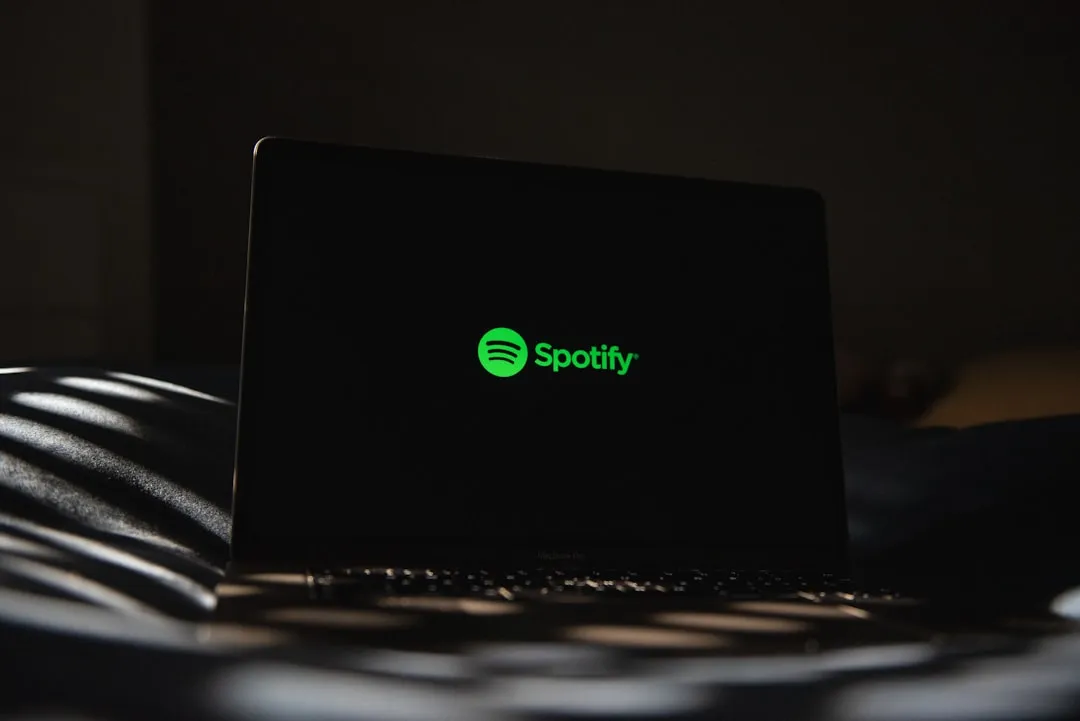

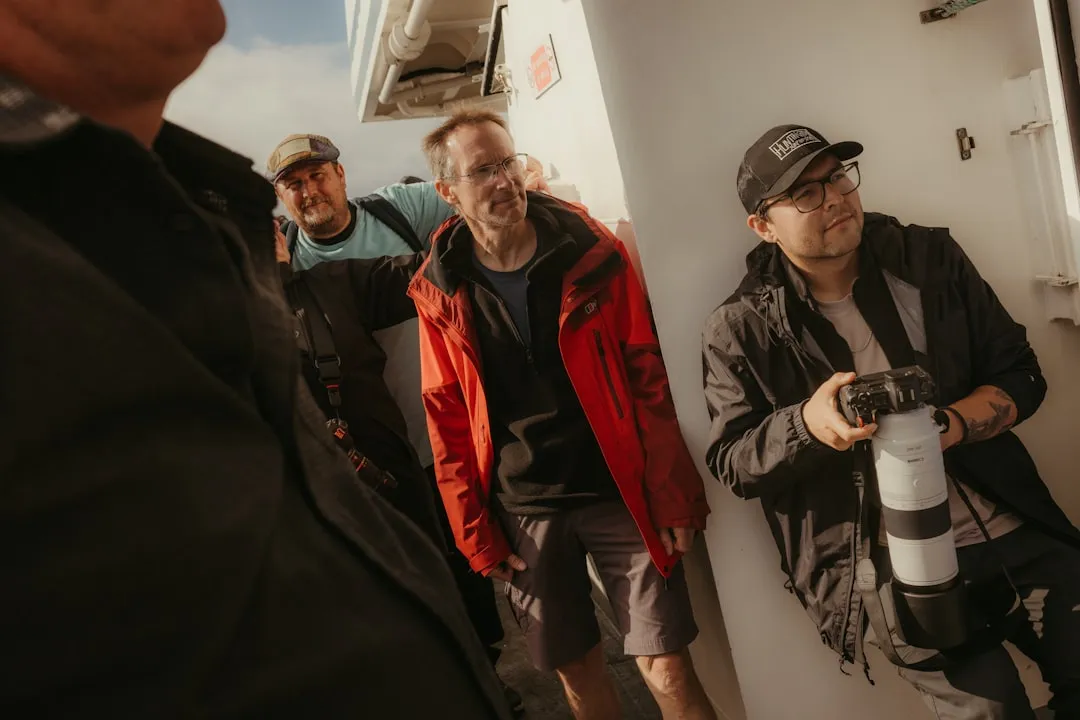

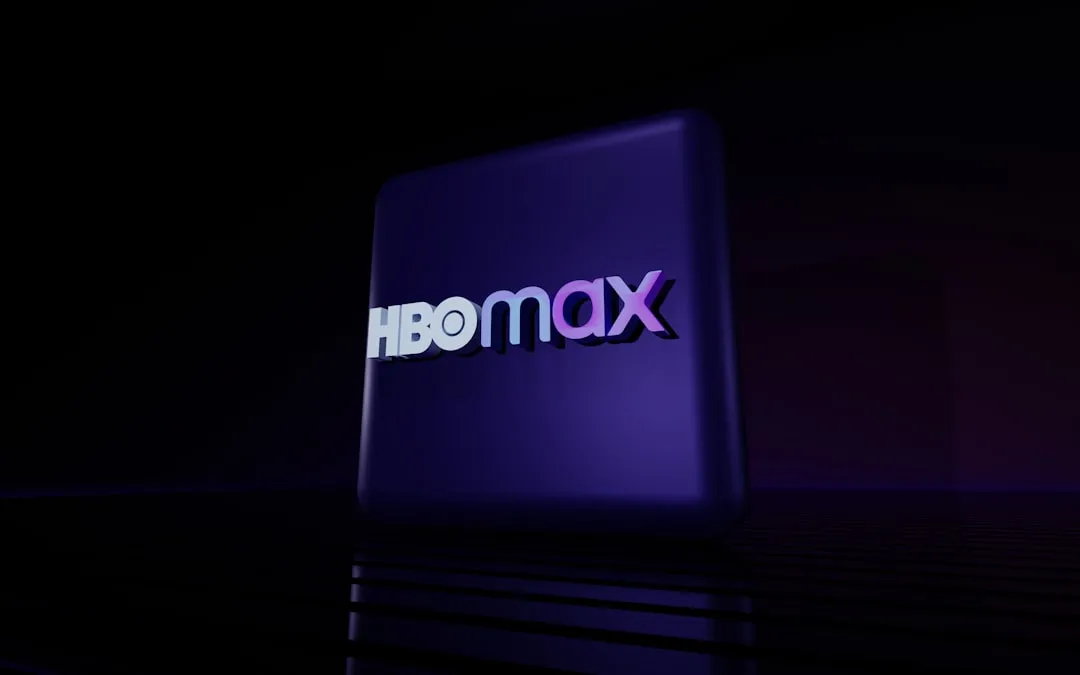
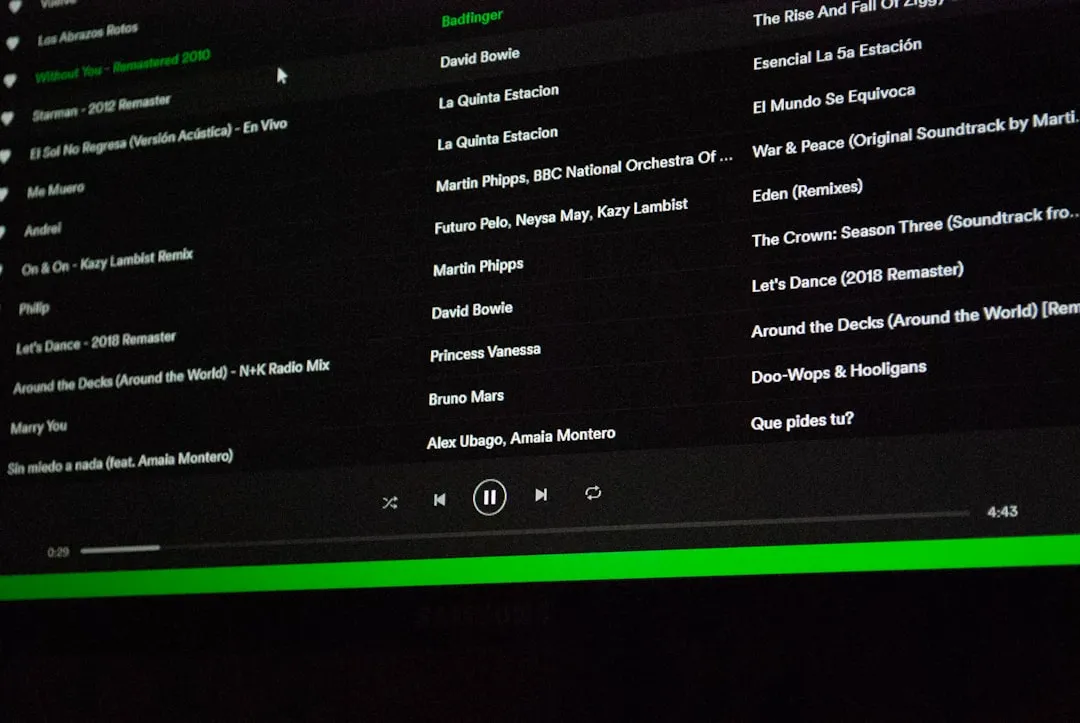

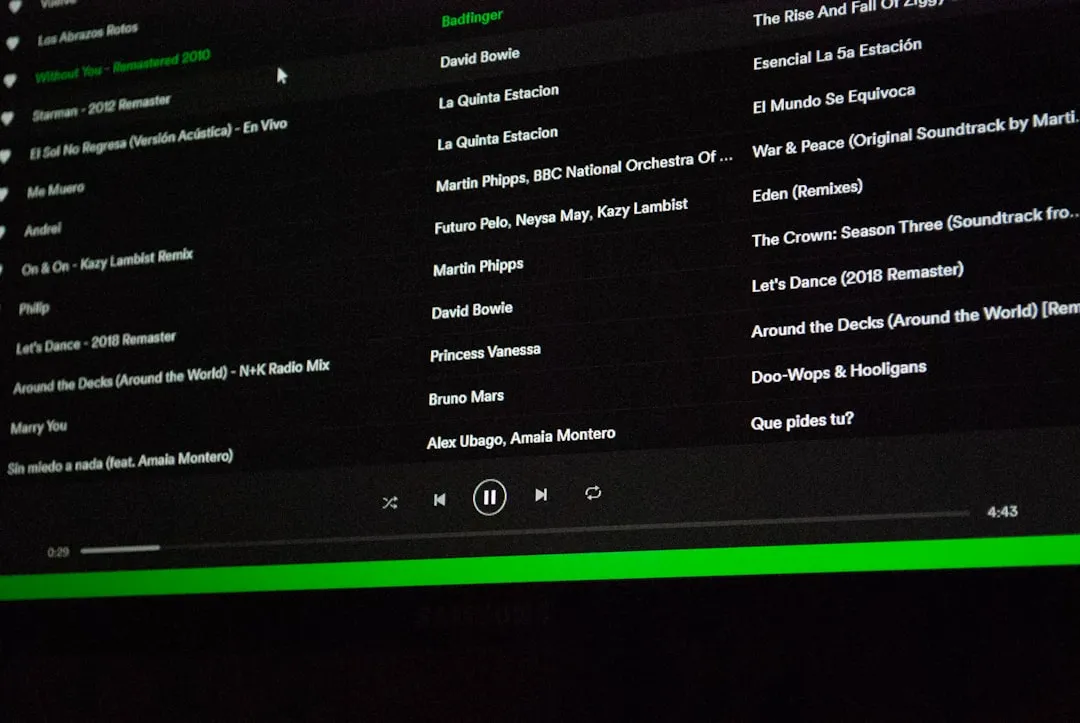

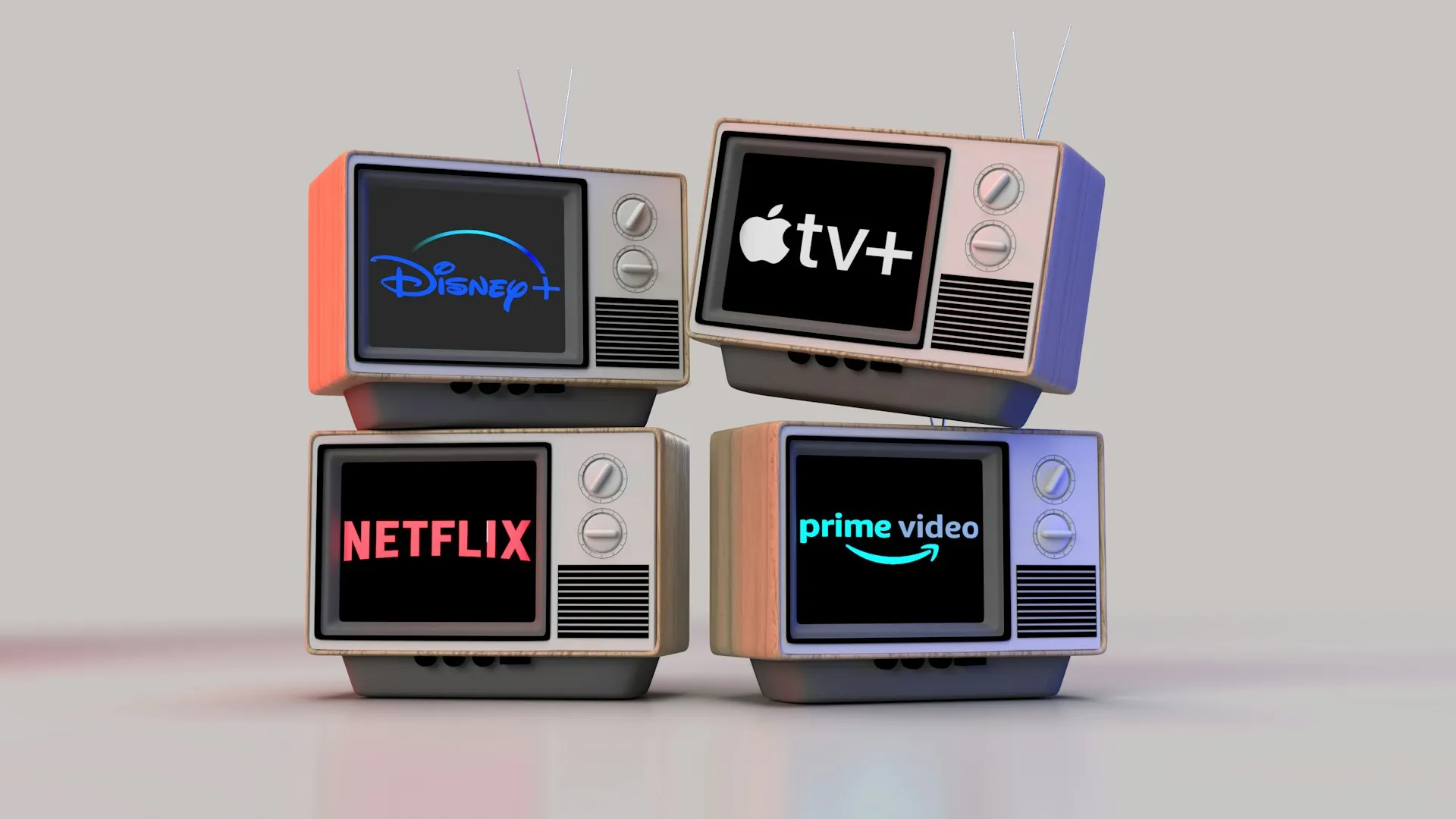
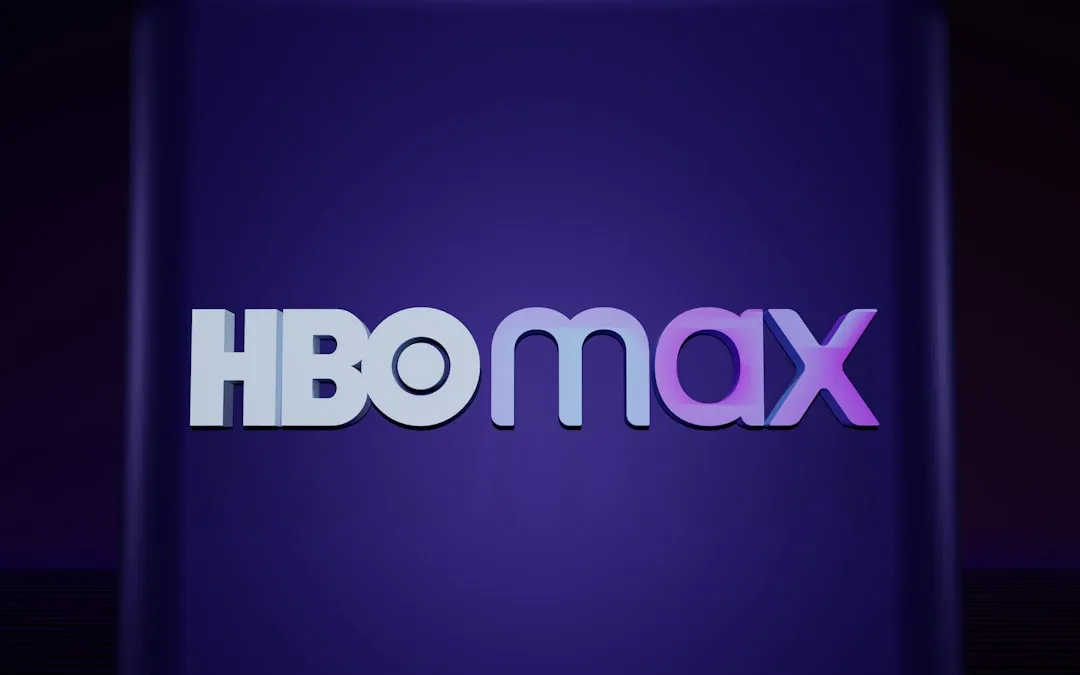
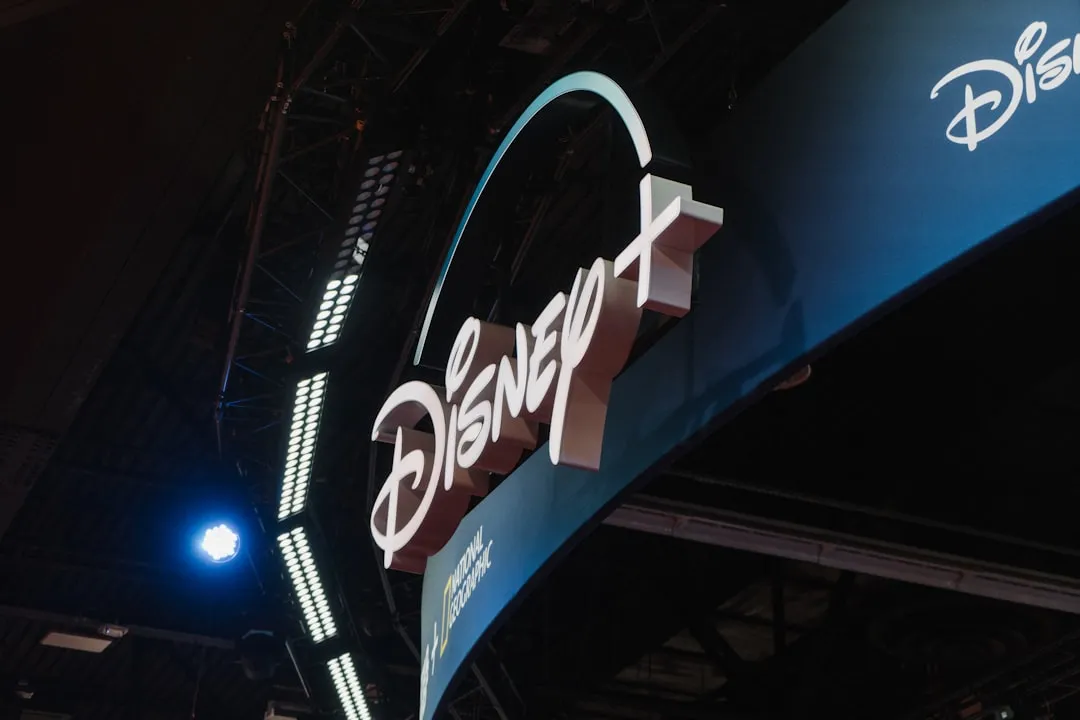


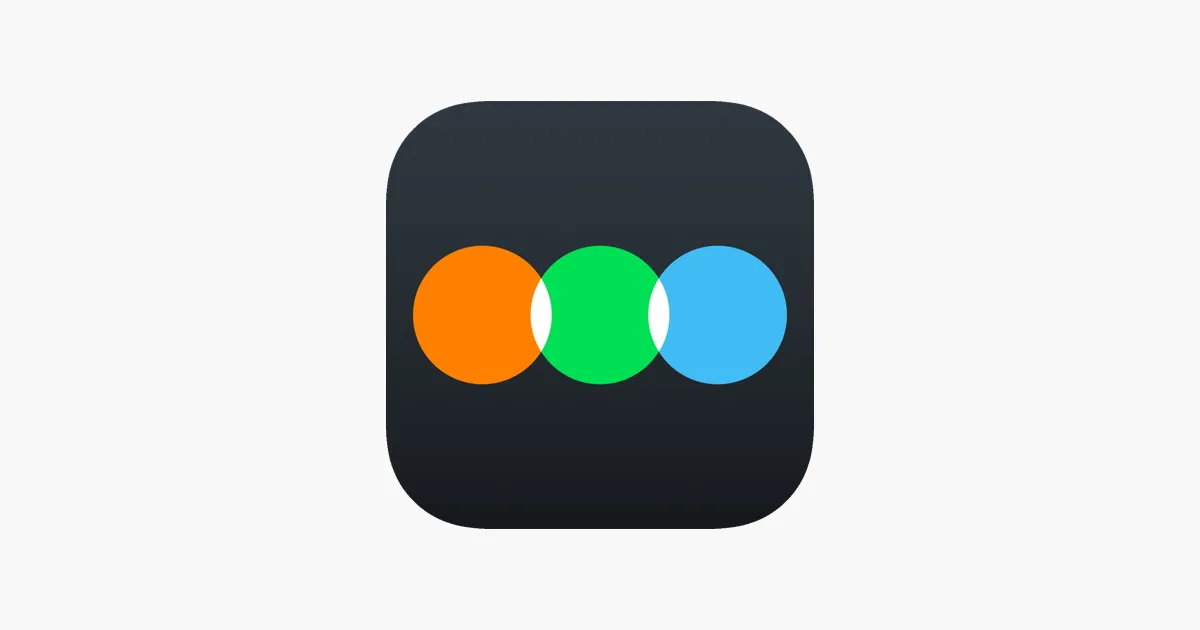
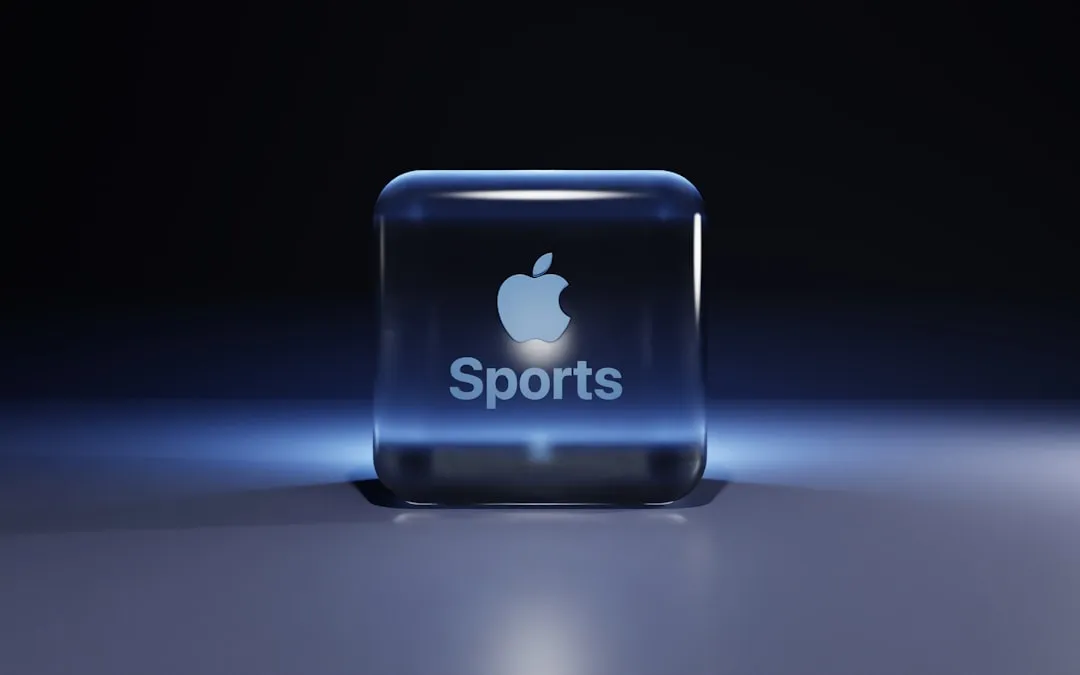
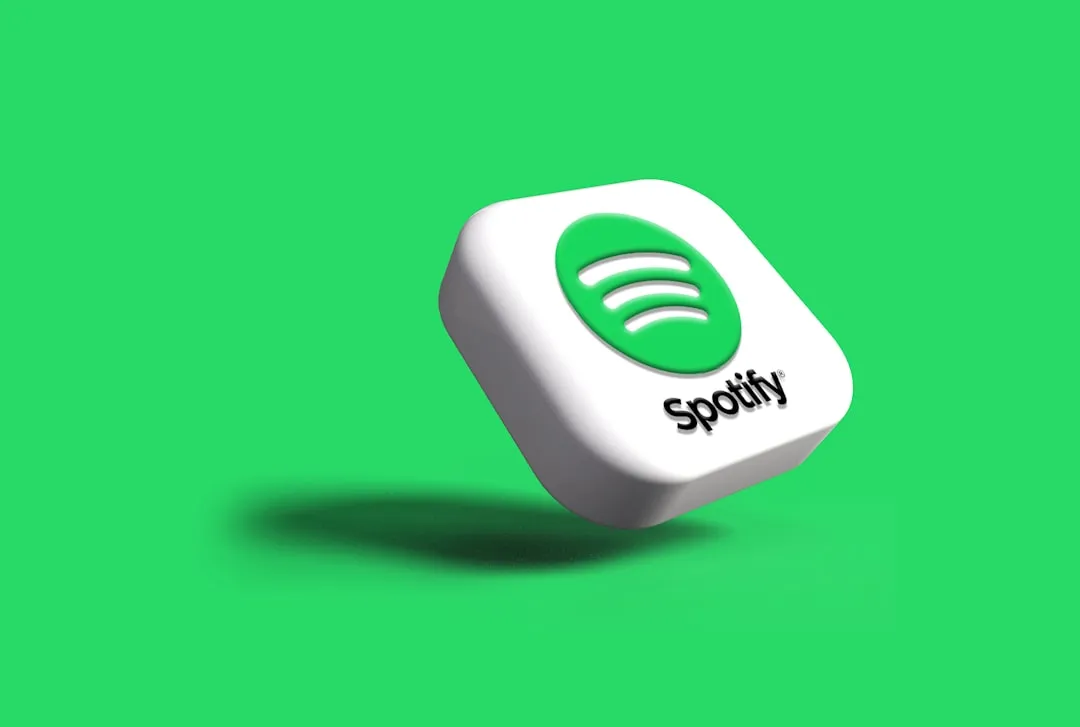
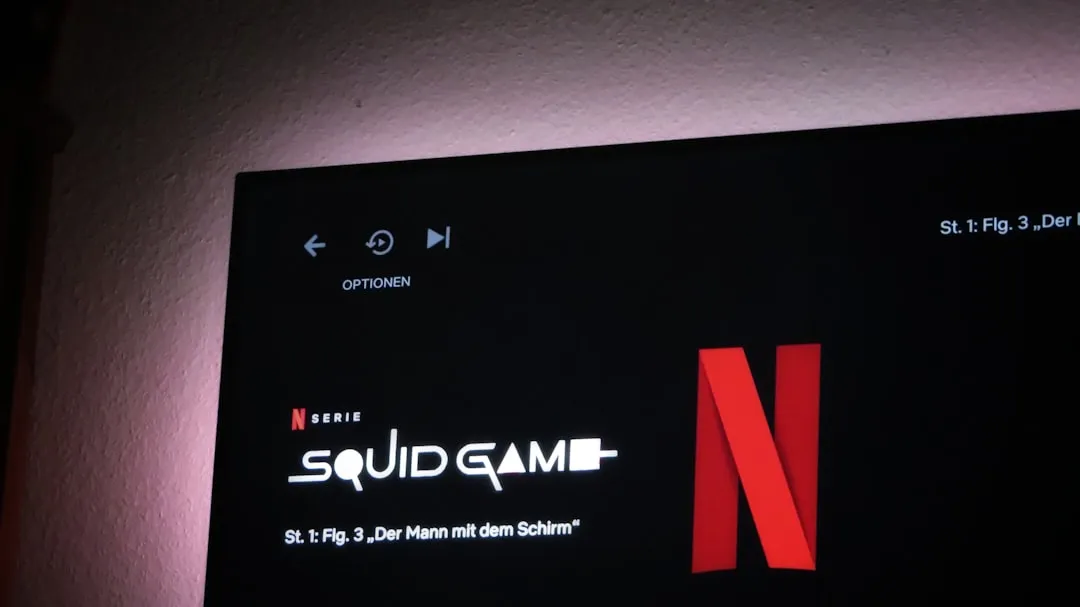
Comments
Be the first, drop a comment!